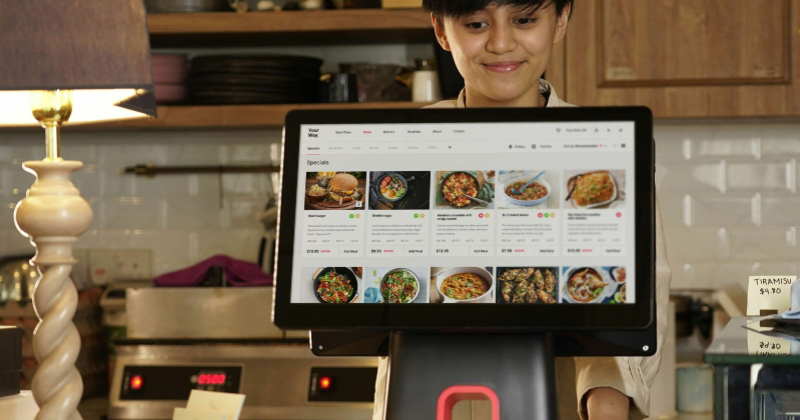Singapore is home to a rich diversity of culinary flavours, with our food services industry playing a vital role in our economy. Companies that start right do so by optimising processes and cutting manual work, lowering operational costs and enhancing customer experience. This enables companies to reap benefits and build a competitive edge.
Browse our programmes and initiatives
-
All
-
Productivity
-
Talent Attraction & Development
Key opportunities
-
Productivity
-
Automation & Digitalisation
-
Process outsourcing
-
Manpower development

How does your business perform against others? EnterpriseSG worked with the Singapore Productivity Centre to develop productivity benchmarks for the Food Services industry, using key metrics like sales per man-hour to give you a clear picture of outlet performance.
These benchmarks are now available across sub-sectors, making it easier for businesses to set achievable targets for improvement. Whether you're looking to identify growth opportunities or validate your current performance, these industry insights can help guide your next steps.

Local F&B companies are using technology to operate more efficiently and level up in the highly competitive food services industry. From simple automation and digitalisation tools to fully unmanned store concepts, businesses should start strategically by adopting the right technologies to improve operational efficiency and enhance their competitive positioning.
Artificial Intelligence represents the next frontier of this technological evolution, including for the food services industry. It can augment operational efficiency, improve customer experience, and streamline business processes across areas from demand forecasting to personalised service delivery.
Companies can tap resources such as the Productivity Solutions Grant (PSG) for pre-approved solutions and Enterprise Development Grant (EDG) for customised solutions.

Supply chain and procurement optimisation presents a significant opportunity for F&B businesses. For F&B outlets, outsourcing non-core kitchen functions such as ingredient sourcing and food preparation can help enable economies of scale while allowing the company to focus on other higher value-added services (e.g. customer engagements). Larger operators can leverage their existing infrastructure to provide shared resources for the sector, creating additional revenue streams while maximising asset utilisation.
This collaborative approach enables businesses of all sizes to improve operational efficiency, reduce waste, and build more resilient operations in an increasingly competitive market.

Manpower development represents an avenue for Singapore's food services industry to address new opportunities. Investing in skills upgrading, training, and career progression pathways can help businesses cultivate a more capable and committed workforce, creating competitive advantage for both the individual and the company.
Resources include:Get recognised for consistent quality through standards
Adopting standards is an effective way for your company to maintain consistent quality, build customer trust and gain acceptance in global markets.
Use recognised standards for your business and assure your customers that you have met local and international benchmarks for good quality.


Turning sustainability into a competitive advantage
Sustainability presents opportunities to optimise resource use and develop a more competitive value proposition. Embracing sustainable practices can lead to long-term cost savings and improved efficiency, and ensure companies are better positioned to deal with future external challenges.
Developed in consultation with the Food Services industry and solution providers, the Food Services sustainability playbook guides companies to leverage sustainability opportunities and solutions in three key areas – reducing food waste, packaging waste, and greenhouse gas emissions.
Ways to expand your business in food services
-
Guides & Insights | Food Services
Upgrade your business capabilities with our tools and stay up to date on the latest food services news.
-
Industry Partners | Food Services
Work closely with industry associations and partners to grow your business in food services.









